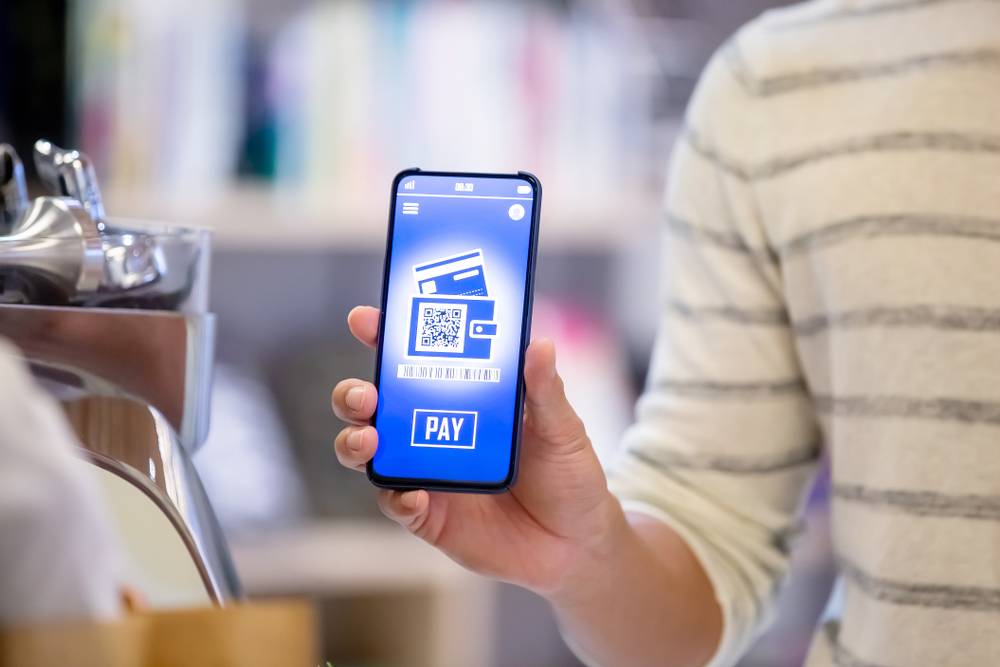 Last updated: January 28th, 2020 9:56 AM
Last updated: January 28th, 2020 9:56 AM
Section 269SU - Digital Payment Facility
Section 269SU of the Income Tax Act is a section introduced by the Government of India (GoI) for providing e-payment facilities to customers of large businesses. The section makes it mandatory for all businesses with an annual turnover of Rs.50 crore or more to accept digital payments. The section will apply with effect from January 1st 2020. Section 269SU was made part of the Income Tax Act through the Finance Act 2019. Non-compliance with the regulation shall lead to a fine of Rs.5000 per day. As per Section 271DB, the fine will be effective from 1st February 2020 and would be calculated with reference to the Income Tax Rules. The regulation was introduced through Circular no. 32/2019 dated 30th December 2019.Initiative for Cash-less Economy
Focusing on Digital India, the Government visioned cash-less economy to reduce corruption, reduce the printing cost of cash, eradicate informal economy and increase tax revenues. To create trust among the people of India, the government introduced a new platform for Electronics Manufacturing, eKranti, rural internet mission and others. Infrastructure to increase digital payments such as Unified Payments Interface (UPI), Mobile Point of Sale and Digital Point of Sale was also strengthened. To increase the use of digital transactions and decrease the cash-driven economy, the Government focused on Merchant Discount Rate (MDR). To provide support for the merchants, SMEs and MSMEs, the Ministry of Finance announced that MDR should no longer be applicable for digital transactions made through UPI or RuPay with effect from 1st January 2020. Click here to know more on MDR and prescribed mode of payments.Key Points of Section 269SU
- Section 269SU was introduced to encourage less-cash economy and increase accountable digital transactions.
- Section 269SU applies to all business entities or companies that have an annual turnover of Rs.50 crore or more.
- Companies or business entities that have an annual turnover of Rs.50 crore or more should provide facilities to make payments through digital transactions.
- The entities should also accept payments through the mode of digital transactions.
- The regulation of Section 269SU shall be effective from 1st January 2020.
- To oversee Section 269SU, Section 271DB was introduced. Section 271DB shall be used to impose a penalty to the individuals or companies for non-compliance of the regulations mentioned in Section 269SU.
- Companies or business entities that do not make provisions for digital transactions shall be liable to pay a fine of Rs.5000 per day.
- The GoI has provided a period of one month to make provisions for digital transaction.
- The regulation of Section 271DB shall be effective from 1st February 2020.
- No direct or indirect changes shall be imposed by the system providers or banks for making payments digitally.
- Companies that have not installed or made facility for digital transactions should make gateway put into effect on or before 31st January 2020.
- Any charges related to MDR shall not be applicable from 1st January 2020. The charges are not applicable only when the payment is made through the prescribed modes of payment.
Section 271DB
The following is the regulation of Section 271DB, as mentioned in the Finance Bill (No.2) Bill 2019. The Section was inserted after Section 271DA.| “271DB.(1) If a person who is required to provide facility for accepting payment through the prescribed electronic modes of payment referred to in section 269SU, fails to provide such facility, he shall be liable to pay, by way of penalty, a sum of five thousand rupees, for every day during which such failure continues: Provided that no such penalty shall be imposable if such person proves that there were good and sufficient reasons for such failure. (2) Any penalty imposable under sub-section (1) shall be imposed by the Joint Commissioner of Income-tax.”. |
Popular Post

In the digital age, the convenience of accessing important documents online has become a necessity...

The Atalji Janasnehi Kendra Project that has been launched by the Government of Karnataka...

The Indian Divorce Act governs divorce among the Christian couples in India. Divorce...

When an individual has more than a single PAN card, it may lead to that person being heavily penalised, or worse,...

Employees Provident Fund (PF) is social security and savings scheme for employee in India. Employers engaged...


